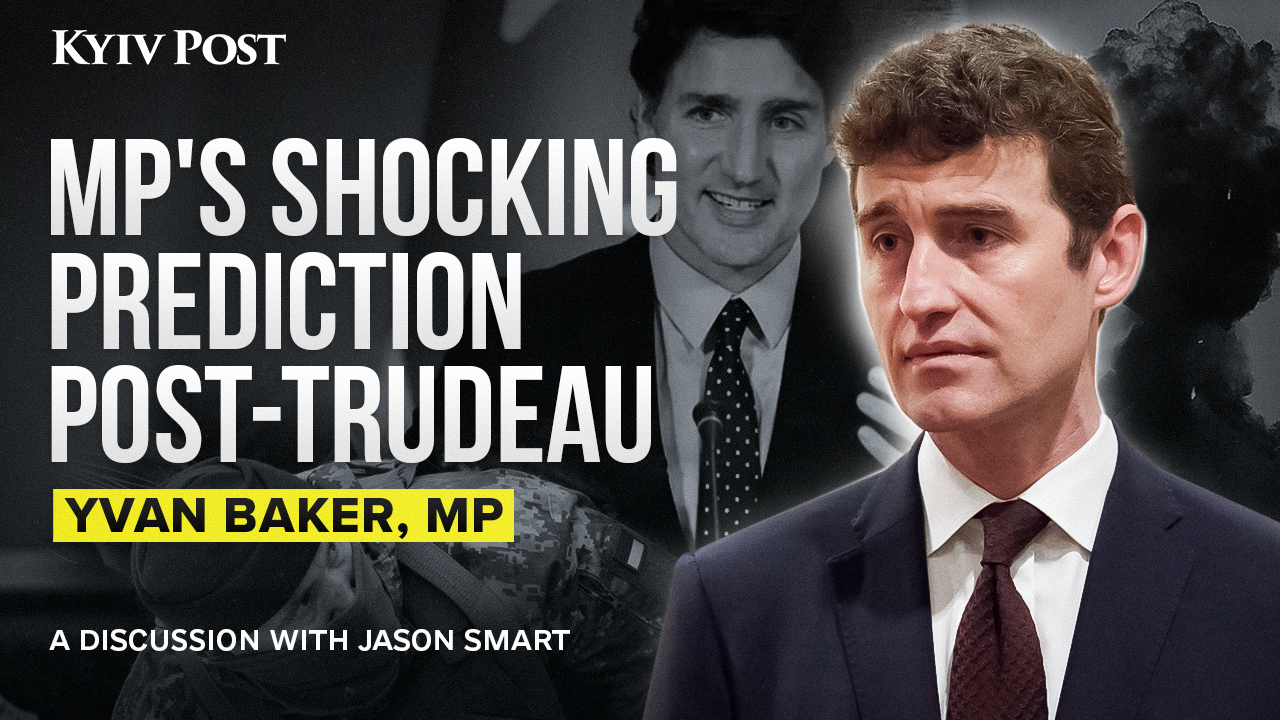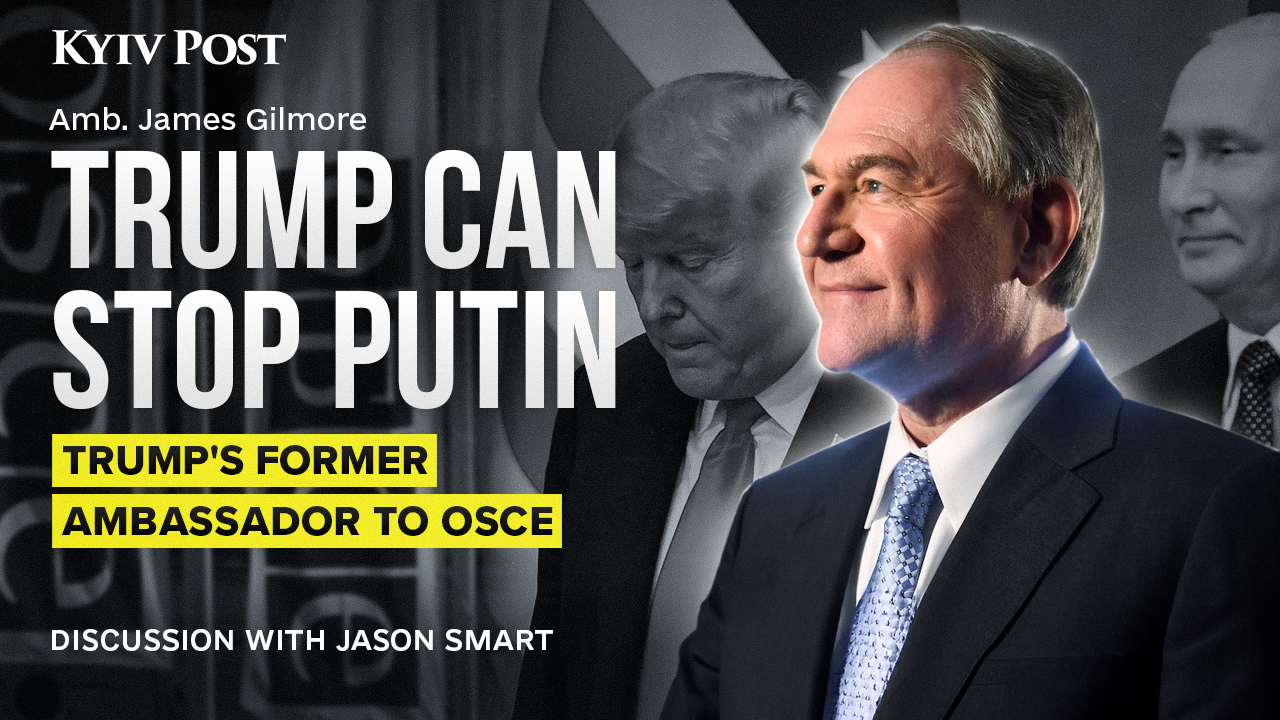On Wednesday, a French court charged Pavel Durov, the founder and CEO of Telegram, with a series of violations related to the messaging app and barred him from leaving the country while allowing the billionaire to walk free after four days in custody, AFP reported.
Moscow has reportedly been keen on getting the St Petersburg-born entrepreneur into their custody to learn the secret encryption codes employed by the application, which is very popular in both Ukraine and Russia. The Kremlin has admitted that the platform is critical for spreading their propaganda in Ukraine.
JOIN US ON TELEGRAM
Follow our coverage of the war on the @Kyivpost_official.
Durov, who also founded the popular Facebook-like VKontakte, has worried about Kremlin requests to turn over data on Ukrainian users from that app to Moscow.
“Providing personal data of Ukrainians to Russian authorities would not only be a violation of the law but also a betrayal of all those millions of Ukrainians who trusted us,” he wrote on VKontakte at the time.
Ukraine banned the use of VKontakte in 2017 in a bid to fight Kremlin propaganda.
AFP reported Wednesday that the court charged Durov with several counts of failing to stop illegal content on the messaging app following a hearing with investigating magistrates in Paris.
Durov was arrested near his private jet at Le Bourget airport outside Paris over the weekend and then questioned about the platforms’s alleged role in illegal activities, ranging from drug trafficking to child pornography distribution.

Scholz Blocks €3 Billion Ukraine Aid Amid Political Tensions
He was released on Wednesday on €5 million ($5.6 million) bail with the condition that he must remain in France, Paris prosecutor Laure Beccuau said in a statement.
In his defense, Durov has said he had no knowledge of illegal activities exploiting the platform and had previously turned down French President Emmanuel Macron’s invitations to move the company’s headquarters to Paris.
During his trips to Kazakhstan, Kyrgyzstan, and Azerbaijan, Pavel #Durov was accompanied by 24-year-old "crypto coach" and streamer Yulia Vavilova💄, who resides in Dubai. She was also with him at the time of his arrest in France.
— Russian Market (@runews) August 25, 2024
Up until August 24, she had been actively… pic.twitter.com/I8DSxPOgMI
At a NATO meeting, Stoltenberg says Ukraine’s defense “requires increased supply and more support”
At a meeting of NATO nations' ambassadors on Wednesday, the Alliance’s Secretary General Jens Stoltenberg said, “Ukraine continues to intercept Russian missiles daily, saving countless lives. Ukraine’s ability to maintain its defenses requires increased supply and more support. In the wake of the latest Russian assault, Allies today reaffirmed they are stepping up their military aid to Ukraine.”
“We must continue to provide Ukraine with the equipment and munitions it needs to defend itself against Russia’s invasion,” he said. “This is vital for Ukraine’s ability to stay in the fight.”
At the NATO Summit in July in Washington, the Alliance reminded the public in a press release, that allies pledged to send Ukraine additional strategic air defense systems, including more Patriot batteries, and agreed to provide a minimum of €40 billion in security assistance over the next year.
Wednesday’s meeting was convened at Kyiv’s request. Defense Minister Rustem Umerov briefed the group via video link on the current security situation in Ukraine and the country’s military priorities and needs in general.
The NATO-Ukraine Council was created at the NATO Summit in July 2023 and serves as a forum for joint consultations, decision-making, and activities between NATO and Ukraine.
The Alliance’s more focused sub-coalition, the Ukraine Defense Contact Group, also known as the Ramstein Group, will meet on Sept. 6 at the US air base of the same name in Germany.
Members of the Ukrainian Armed Forces, many of them volunteers, talk from the frontline about what the conditions are like and explain why long-term support from NATO Allies is so important#StandWithUkraine 🇺🇦 pic.twitter.com/4qId0RUaYu
— NATO (@NATO) August 28, 2024
Russians evacuated from Belgorod region as Moscow’s strikes wound civilians in nearby Sumy
As units of the Armed Forces of Ukraine (AFU) expand their counter-invasion from Russia’s Kursk region into the neighboring Belgorod region, local officials have ordered the residents of several towns there to move out. Meanwhile, Moscow’s shelling of Ukraine’s northeast has stepped up in tempo, most recently wounding an elderly couple in the Sumy region.
The office of Belgorod’s regional governor, Vyacheslav Gladkov, told Russian state news outlet RIA Novosti on Wednesday that “many people have been injured and some killed” in the border areas where Ukraine’s counter-operations have been active.
“A decision has been made to resettle the residents of the villages of Poroz and Dronovka in the Grayvoronsky district, the village of Stary Khutor, and the settlement of Pavlovka in the Valuisky district. The entrance to the village of Vyazovoye in the Krasnoyaruzhsky district has been closed,” the governor said. “Checkpoints are being set up, and it will only be possible to enter these settlements with permission from the administration…”
He said about 35 small cities and towns would be affected and some schools within the area would operate remotely.
Also on Wednesday, according to Kyiv Post’s sources in the intelligence community, drones produced by Ukraine’s Main Intelligence Directorate (HUR) and Special Operations Forces (SSO) attacked the Atlas oil depot, in Russia’s southern Rostov region.
Located near Kamensk-Shakhtinsky, Atlas is managed by the Federal Agency for State Reserves of Russia. The facility is part of the Russian military-industrial complex and directly supports the supply of Russian occupation forces.
Eyewitnesses reported a huge fire erupted in the oil depot’s storage tanks.
Meanwhile, Russian air strikes injured three more civilians in the town of Mykolaivka in the Sumy region, the local prosecutor’s office reported on Wednesday.
As a result of the attacks, a married couple, aged 62 and 65, were injured, according to regional authorities.
The regional administration said Russian forces launched 66 attacks on border areas and settlements within the Sumy region on Wednesday and that as many as 220 explosions were documented.
You can also highlight the text and press Ctrl + Enter








